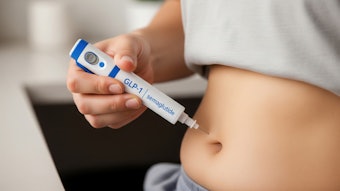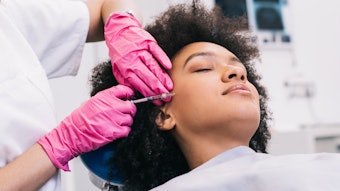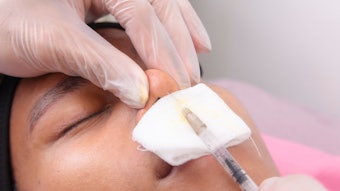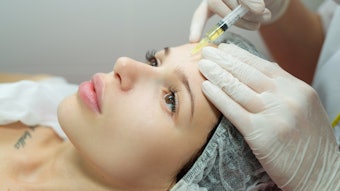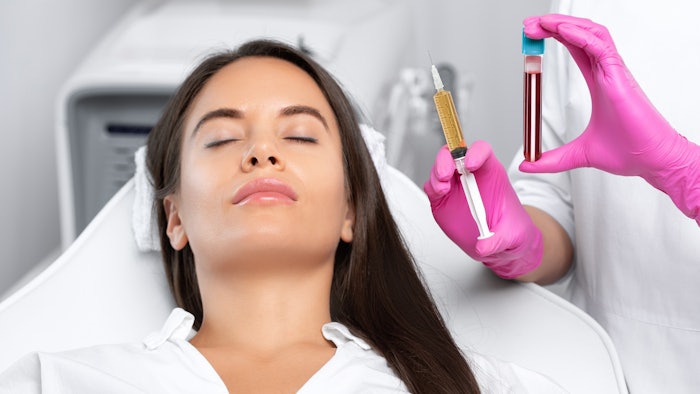
Preclinical data from Turn Biotechnologies demonstrated that the company’s mRNA-based ERA (Epigenetic Reprogramming of Aging) technology rejuvenates skin cells more effectively and safely than existing treatments. ERA rejuvenates cells without disrupting cellular identity by targeting epigenomes (chemical compounds that tell cells what to do) to restore cell function, using mRNA to deliver transcription factors to the epigenome.
“The (ERA) platform enables us to carefully control the time, duration and dosage of transcription factors to optimize the mRNA cocktail for each indication,” said the team at Turn Bio. “We control cellular reprogramming by carefully pulsing the cell with transcription factors. Each pulse drives the epigenome to a more vigorous state while protecting the patient and steadily restoring more youthful cell functionality. Most important, we never tamper with the DNA.”
Topline data from skin tests revealed that ERA reversed the hallmarks of aging in skin and increased fibroblast proliferation, restoring the production of key extracellular matrix proteins and reducing inflammation markers, oxidative stress, senescence and matrix metalloproteinases.
“We want people to understand the breakthrough success our technology has had in a preclinical setting and share our excitement for the promise it offers to produce cures for many untreatable age-related conditions.”
Most stem cell therapy relies on embryonic stem cells, which offers great promise to repair diseased, dysfunctional or injured tissue, but is still risky. Cells can grow irregularly, causing cancer and may trigger an immune response in which a patient’s body attacks the foreign cells. ERA technology focuses on epigenome rejuvenation. The epigenome degrades with age, accumulating defects that impede gene expression and extracellular signaling, leading to cell and tissue dysfunction. “We focus exclusively on rejuvenating the epigenome so it can restore more vigorous function of existing cells, including adult stem cells.”
Turn Bio rejuvenates cells without inducing pluripotency, meaning cells maintain their defining properties and can perform their functions as they would when they were more youthful and vigorous. To address delivery challenges, the company developed eTurna, a nanostructure carrier formulated to ensure the encapsulated cargo passes through cell walls to reach the epigenome.
“It (eTurna) overcomes the problems of traditional lipid carriers, can be adapted for individual therapies and tuned to precisely target specific types of cells, ensuring that therapies reach the tissue needing rejuvenation.”
Turn Biotechnologies also protects the cells through Artificial Niche (AN) technology, an environmental complement to improve the efficacy of ERA therapies in certain cell types. The technology uses stem cell biology, biomolecular engineering and microfabrication technologies to create a novel cell culture that mimics the specific cells’ natural niche.
“Use of quiescent adult stem cells can significantly help to repair or replace specific types of damaged tissue. But it is important to preserve the stem cells’ quiescence to ensure they remain poised for activation, proliferation and differentiation. In these cases, we use our AN technology to protect the cells.”
Turn Bio is developing indications in areas such as dermatology, osteo-arthritis, immunology, ophthalmology and musculature. “Our goal is to impact the health span of people, ameliorate their quality of life and allow them to enjoy their life with family and friends feeling healthy, strong and able to continue enjoying what they love.”





